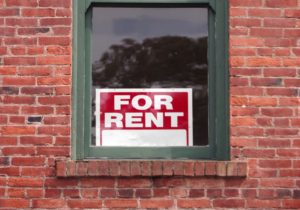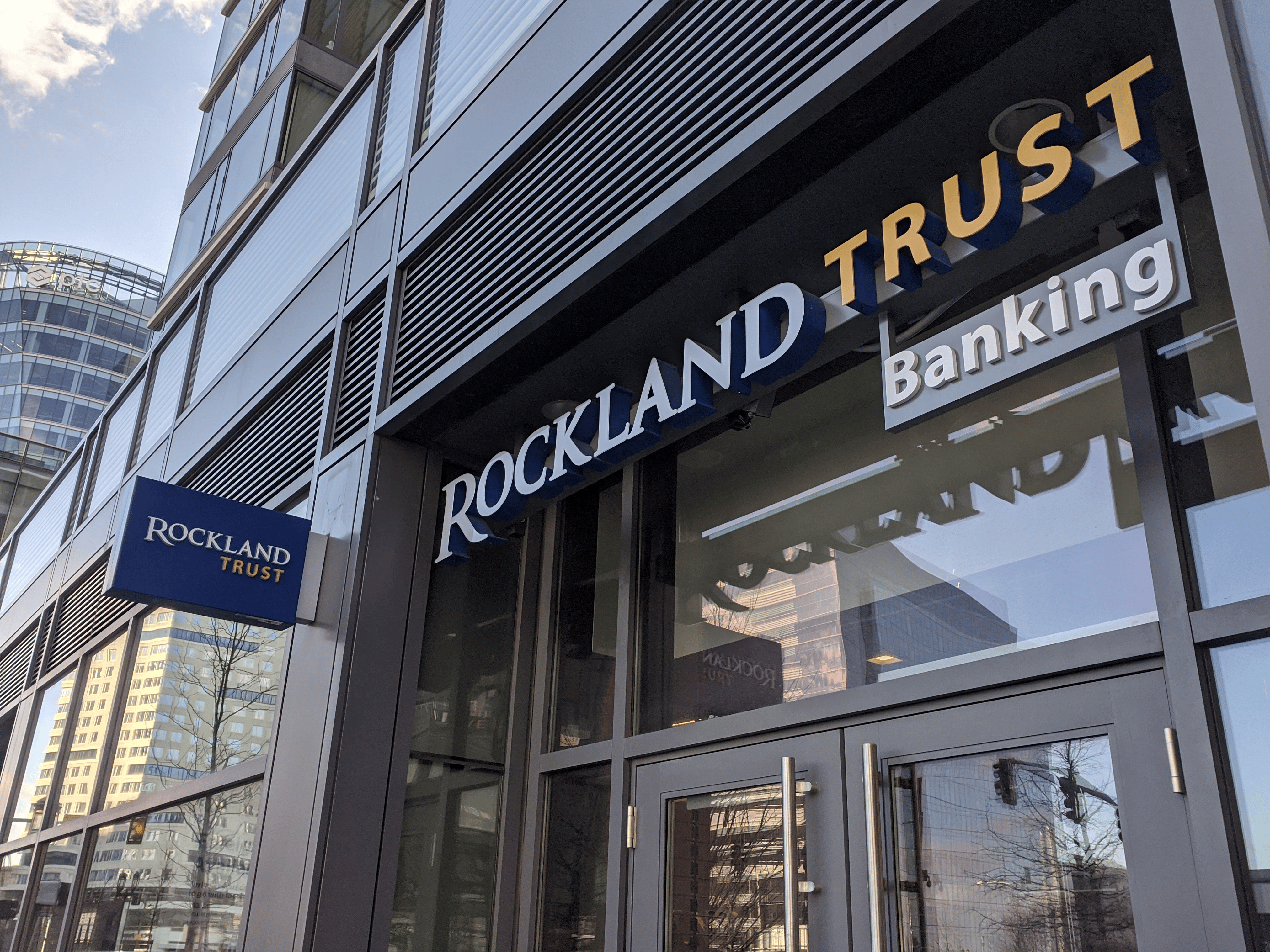It’s been nearly 30 years since Massachusetts voters banned cities and towns from implementing rent control, and proposals to restore that local option have repeatedly stalled in the face of hesitant lawmakers and opposition from developers.
So what makes Boston Mayor Michelle Wu confident she can find success with her latest push, which has already generated pushback from real estate groups?
“We have no choice but to try,” she said.
“It is such a dire, destructive housing market out there right now, with people who have spent their whole lives here, who are raising their kids, who are giving back in every single way, getting pushed out, not because they’re not fighting to work and pay for what they can afford but because that shock of a sudden, dramatic increase is just not something you can plan for,” Wu said during an interview on WBUR’s Radio Boston on Monday. “It’s not something that you can immediately reorient your lives to absorb.”
The Wu administration is preparing to put a formal proposal before the city council to give Boston the ability to limit rent increases, more than a year after Wu made the topic a central campaign promise.
City officials presented a draft rent control measure to an advisory committee last week for review, and more information could surface in Wu’s State of the City speech Wednesday evening. Asked about the timeline for action, a Wu spokesperson said simply, “Soon.”
The details could change before Wu is ready to submit a measure to the council, but the version under review by the advisory committee would cap allowable rent increases in Boston at the federal Consumer Price Index plus 6 percent. No increase could exceed 10 percent, setting an upper limit in higher-inflation years.
The plan that’s been floated would also exempt new buildings from rent control measures for the first 15 years after they open as well as smaller owner-occupied properties. Landlords would be able to raise prices without limit in between tenants, which the mayor’s office dubbed a “vacancy decontrol” measure, and the proposal also requires landlords to have “just cause” for evicting residents.
The Boston Globe first reported the specifics of Wu’s draft proposal last week, and a city spokesperson on Monday confirmed those are the details in the version sent to the advisory committee.
If rent control in Boston secured approval from the Boston City Council, the measure would move to the state Legislature, where the idea is not among the named priorities of legislative leaders and previous proposals have failed to gain traction.
Wu said she believes the moment is poised for action with a new Healey administration that is “laser-focused on how we address the housing crisis.”
When host Tiziana Dearing pointed out that the governor has not committed to either supporting or opposing a Boston rent control measure, Wu replied, “Even being open to evaluating a local community’s specific proposal is a step forward compared to where we’ve been over the last couple of months and the last years.”
Former Gov. Charlie Baker had repeatedly voiced skepticism about the idea of rent control, arguing that it would not address a statewide housing shortage straining the market and in the past failed to limit benefits to target populations.
On the campaign and in her early weeks in the corner office, Healey has been noncommittal while signaling an openness to allowing — but not requiring — cities and towns to enact their own measures to limit rent hikes.
Healey said after a December meeting with Wu that it is “up to communities to decide.”
In 1994, by a margin of 51.3 percent to 48.7 percent, Massachusetts voters approved a ballot question backed by the Small Property Owners Association landlord group that effectively banned rent control statewide. At the time, only Boston, Brookline and Cambridge had rent control policies in place (and a majority of voters in those three communities opposed the ban).
The idea has remained controversial among industry groups in the ensuing decades.
Develoment trade groups like NAIOP-MA and the Greater Boston Real Estate Board have lambasted the proposal and called for Wu and the City Council to focus instead on boosting housing production.
Wu, in her WBUR interview Monday, stressed that she views rent control as one piece of a “comprehensive strategy.”
“There is no be all, end all of solving the housing crisis, and rent control or regulating rents will never be the mechanism by which we add more housing units that are affordable for people. The purpose of rent control or rent stabilization is very specific: it is to stop the harm that is happening when we have too few affordable housing units to match the number of people,” she said. “We need to add more, and in this transition, as we are looking to boost housing supply and boost homeownership and get as much as we can from all different angles, this is one part of a larger strategy. Our goal is to prevent the extreme increases that have been pushing families out of neighborhoods, where we have seen double-digit rent increases that simply — it’s harmful for our economy, it is harmful for our school system, it affects every bit of what we do.”
Wu is scheduled to deliver her State of the City address Wednesday at 7 p.m. from the MGM Music Hall.




 |
| 


